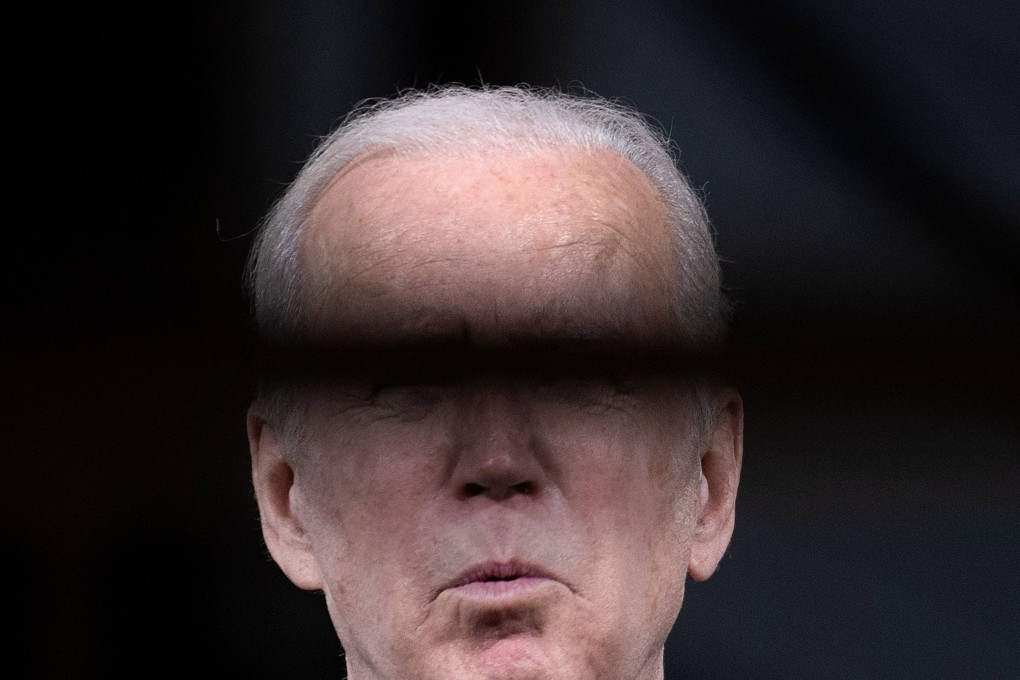Advertisement
Editorial | US needs to stop talk of war and lead fight against global threats
- American rhetoric on Ukraine is doing nothing to cool tensions with Russia, and the White House would be wise to tackle the pandemic and climate change instead
Reading Time:2 minutes
Why you can trust SCMP
24

The Ukraine crisis has pushed relations between Russia and the West to their lowest in decades.
United States leader Joe Biden’s administration claims 130,000 Russian troops are in border positions preparing to invade, prompting the strengthening of Nato defences in eastern European member nations.
Moscow denies such plans and accuses opponents of hysterical rhetoric, reminding governments sovereign countries have the right to deploy soldiers on their territory as they wish.
Advertisement
President Xi Jinping, in an effort to calm tensions, called during a phone conversation with his French counterpart, Emmanuel Macron, for a diplomatic resolution.
Xi had wise words, telling Macron that “all parties concerned should stick to the general direction of a political settlement, make full use of multilateral platforms” and “seek a comprehensive solution to the Ukraine issue through dialogue and consultation”.
Advertisement
Advertisement
Select Voice
Select Speed
1.00x

